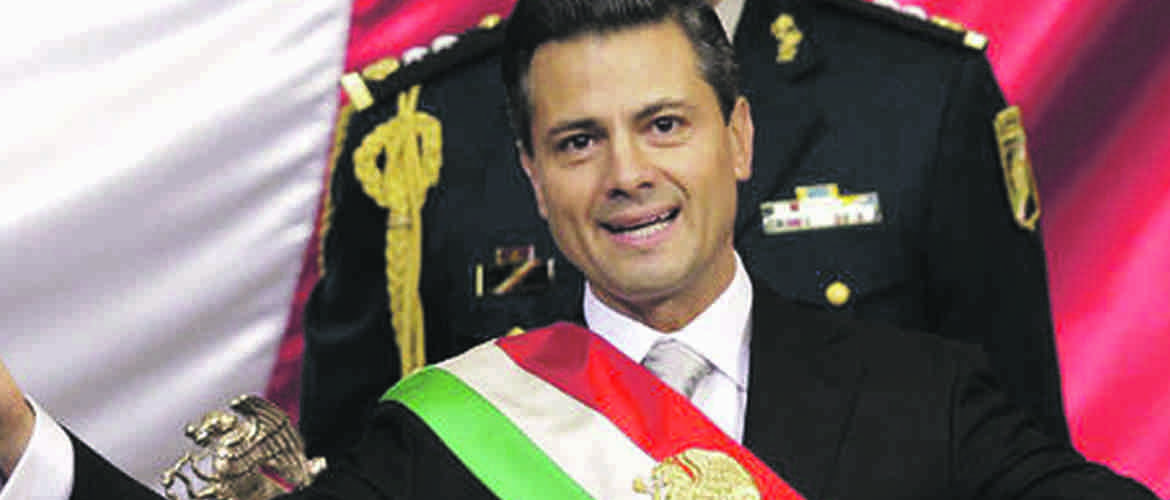By ELLIOT SPAGAT
Associated Press
CHULA VISTA, California (AP) — For a company that booked $12 million in annual sales importing snacks like chile- and lime-flavored chips from Mexico, Baja Distributors Inc.’s offices were oddly quiet. There were no signs outside. Its small warehouse was almost empty. Phones went unanswered.
Investigators say there was a reason for the anonymity: The business was laundering money from Mexican drug traffickers. Baja Distributors, whose executives denied laundering drug money, brought more than $17 million from Mexico in 18 months.
U.S. front companies for cartels aren’t
new, but U.S. officials say they took a more prominent role after Mexico capped dollar deposits in cash at $7,000 a month for businesses in 2010, later raised to $14,000. As a result, they say, cartels sought companies to deposit money in American banks and wire it back in pesos under the guise of international trade.
San Diego, the largest American city on Mexico’s border, became a magnet for cash coming into the U.S. from Mexico, according to an Associated Press analysis of customs declarations since 2009.
Mexican President Enrique Pena Nieto lifted the restrictions last month, saying the anti-money laundering measure harmed honest businesses. The move sparked concern among some U.S. officials that cartels may go back to walking into Mexican banks to deposit sacks of drug-tainted dollars.
“If one day you have a restriction and the next day that restriction no longer exists, one would think logically that it now becomes easier,” said Joseph Burke, head of U.S. Immigration and Customs Enforcement’s National Bulk Cash Smuggling Center.
Pena Nieto’s move came two days after U.S. agents raided businesses in downtown Los Angeles’ fashion district that were suspected of funneling drug money to Mexico and seized $70 million in cash.
Drivers have always stuffed trunks with cash from drug sales in the U.S. and went to Mexico undetected. That’s never changed but, with Mexican banks out of the picture in 2010, cartels needed other ways to convert profits to pesos to fund their operations and luxurious lifestyles.
Couriers brought dollars back to the U.S. and often declared them to customs officials, as required for any amount of $10,000 or above, U.S. officials say. The Treasury Department imposed additional reporting requirements on armored car services at San Diego border crossings in August, calling it a response to Mexico’s regulations.
U.S. border inspectors have little power to stop cash, and money laundering charges are difficult to prosecute, which leads some to believe the scheme will continue even without Mexico’s restrictions. Investigators say bringing money back and forth across the border makes it more difficult for either country to track.










No Comment